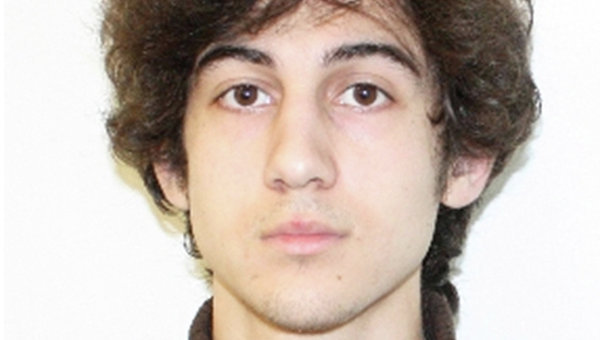MOSCOW, April 17 (RAPSI) – A federal judge has ruled that the 2013 Boston Marathon bombing suspect Dzhokhar Tsarnaev should be able to receive visits from his family in prison without being monitored by an FBI agent, the National Law Journal writes.
On the afternoon of April 15, 2013, two explosions occurred near the finish line of the Boston Marathon. IEDs devised from pressure cookers, low explosive powder, shrapnel, adhesive, and other materials were hidden in backpacks that were then placed near metal barricades in areas packed with hundreds of spectators.
According to a related indictment, “Each explosion killed at least one person, maimed, burned and wounded scores of others, and damaged public and private property, including the streets, sidewalk, barriers, and property owned by people and businesses in the locations where the explosions occurred.”
The three individuals killed during the bombing were Krystle Marie Campbell, Lingzi Lu, and eight-year-old Martin Richard.
Tsarnaev was arrested following a dramatic manhunt during which his brother and co-suspect Tamerlan was killed, as was MIT Police Officer Sean Collier. He was charged in an April 21criminal complaint with the use of a weapon of mass destruction and malicious destruction of property resulting in death.
US prosecutors filed their notice of intent to pursue the death penalty against Tsarnaev on January 30. The government is seeking the death penalty for Tsarnaev, whose trial is to begin on November 3. He could face the death penalty if convicted.
Tsarnaev has pleaded not guilty to 30 criminal counts.
The judge ruled that Tsarnaev should be able to see his sisters without an FBI agent present, or that these visits should be attended by an FBI agent who is not connected to the prosecution.
The defense fears that anything the siblings say to each other could be “spun to mean something it doesn’t mean.” The judge gave the government two weeks to file a brief detailing its arguments against such meetings.
According to NBC, Judge George O’Toole of the US District Court in Boston rejected a claim by the government that Tsarnaev should not see the autopsy photos of the victims because it would disturb the families of the victims. He also rejected a defense request to dismiss some of the criminal counts against Tsarnaev because they were duplicative and might prejudice the jury against him.



